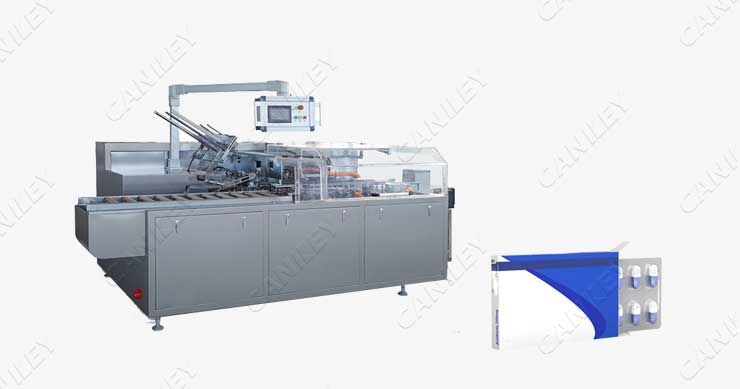In the modern world of manufacturing and packaging, efficiency, accuracy, and speed are paramount. Cartoning machines have emerged as invaluable tools that revolutionize the way products are packaged, providing numerous benefits to businesses across industries. These versatile machines automate the process of assembling and packaging products into cartons, significantly enhancing production lines and contributing to a more streamlined and cost-effective operation. This article explores what are the benefits of cartoning machine and their impact on the packaging industry.

Increased efficiency and productivity
One of the primary benefits of cartoning machines is their ability to significantly increase efficiency and productivity in packaging processes. These machines automate tasks such as carton forming, product insertion, and carton sealing, which would otherwise be time-consuming and labor-intensive if done manually. By reducing human involvement in repetitive tasks, businesses can reallocate labor resources to more skilled and value-added activities, ultimately boosting overall productivity.
Consistent and accurate packaging
Cartoning machines are designed to ensure consistent and accurate packaging of products. They are equipped with advanced sensors, cameras, and controls that detect any deviations in product placement, orientation, or size. This level of precision minimizes the risk of errors and inconsistencies in packaging, which is crucial for maintaining product quality and adhering to industry regulations.
Versatility and adaptability
Modern cartoning machines are designed to handle a wide range of products and carton styles. They can be easily configured and adjusted to accommodate different product sizes, shapes, and packaging requirements. This versatility is particularly beneficial for businesses that produce a variety of products, as it eliminates the need for multiple packaging systems and facilitates seamless transitions between different production runs.
Cost savings
While the initial investment in a cartoning machine may seem significant, the long-term cost savings are substantial. Automated packaging reduces the need for a large workforce to perform manual packaging tasks, leading to decreased labor costs. Additionally, the consistent and accurate packaging minimizes material waste and product rejections, saving both money and resources in the long run.
Enhanced safety and ergonomics
Manual packaging tasks can be physically demanding and pose a risk of repetitive strain injuries to workers. Cartoning machines improve workplace safety by eliminating the need for employees to perform repetitive motions and heavy lifting. This not only reduces the risk of injuries but also contributes to a healthier and more comfortable working environment.
Faster time-to-market
In today’s competitive market, time-to-market is a critical factor. Cartoning machines accelerate the packaging process, allowing businesses to bring their products to market more quickly. Shorter lead times enable companies to respond to changing consumer demands, capitalize on new trends, and stay ahead of competitors.
Brand image and presentation
Cartoning machines play a vital role in enhancing a product’s visual appeal on the shelf. They ensure that products are consistently and attractively packaged, contributing to a strong and recognizable brand image. Well-packaged products convey a sense of quality and professionalism, which can positively influence consumer perception and purchasing decisions.
The benefits of cartoning machines are undeniable, ranging from increased efficiency and productivity to consistent and accurate packaging, cost savings, and enhanced brand image. As technology continues to advance, these machines are becoming more sophisticated, adaptable, and user-friendly, making them an indispensable asset for businesses in various industries. By integrating cartoning machines into their production lines, companies can optimize their packaging processes, reduce operational costs, and position themselves for success in an increasingly competitive market.
